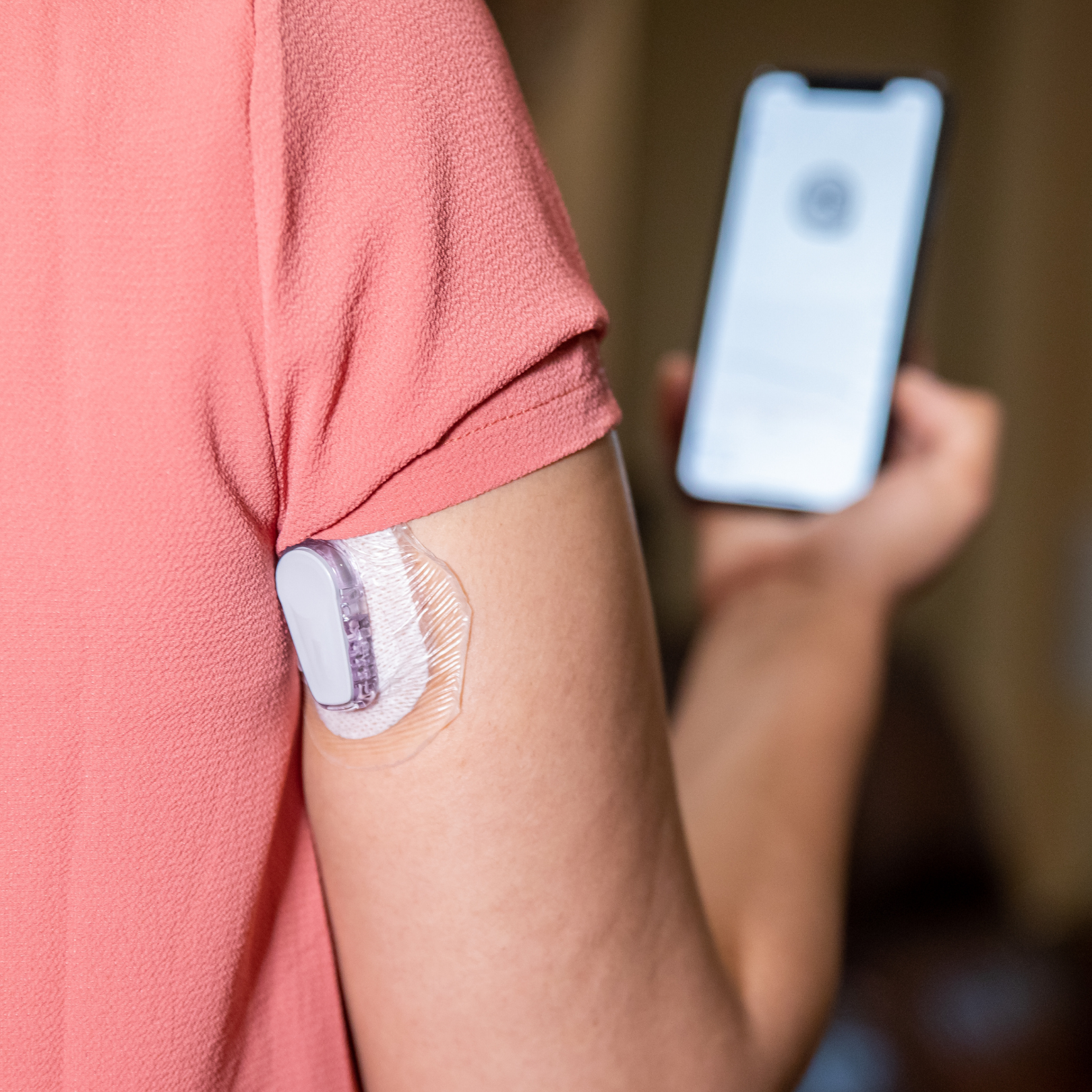News
Texas Diabetes First to Offer New Treatment to Delay Stages of T1D
At Texas Diabetes & Endocrinology, we take pride in offering the most innovative treatments and top clinical trials for conditions affecting the endocrine system, like diabetes.
Recently one of our patients, Liberty, became the first person in Central Texas to try a new drug, TZIELD, to delay the onset of stage 3 type 1 diabetes (T1D). TZIELD is an infusion-based treatment that was approved by the FDA in 2022.
Liberty works as a scientist at The University of Texas at Austin and was recently diagnosed with T1D at the age of 39 years old.
T1D is an autoimmune disorder that occurs when the pancreas fails to make insulin because the body’s immune system attacks the cells (known as beta cells) needed to do so. It develops in gradual stages and differs from type 2 diabetes (T2D) which is when the body becomes resistant to insulin.
It can be challenging to differentiate between the two forms of diabetes as symptoms (frequent urination, fatigue, sudden weight loss and increased thirst) may be similar.
It is important to visit with an experienced, board-certified endocrinologist to obtain a thorough and accurate diagnosis. A T1D diagnosis can be determined based on clinical presentation, time of onset, and diagnostic blood tests that identify autoimmune markers such as autoantibodies.
What are the stages of T1D ?
Stage 1: the body’s immune system starts attacking beta cells while blood sugar levels are still typically normal
Stage 2: beta cells continue to be attacked as blood sugars may begin to rise, however no insulin is needed yet
Stage 3: blood sugar levels ultimately spike to more than healthy levels and insulin is now needed to manage the condition
Liberty’s Story and the Link between T1D and Autoimmune Disorders
Liberty had already been under the care of endocrinologist Dr. Keta Pandit to treat her Hashimoto’s thyroiditis, a chronic autoimmune condition that leads to low thyroid hormone production.
During a routine blood test, it was discovered that her A1C level was elevated which classified her as ‘prediabetic.’
With regular exercise and adopting a low-carb diet, Liberty initially was able to lower her numbers without medication.
However, she later began to experience fatigue after eating and shakiness at night, prompting her to seek a new evaluation from Dr. Pandit.
Given that there is a connection between autoimmune diseases and T1D, Liberty and Dr. Pandit discussed the possibility of having it, which was later confirmed through testing.
How is T1D treated?
Because T1D cannot be effectively managed with a healthy diet and exercise, administering insulin is the typical course of treatment.
Since Liberty was diagnosed at the earliest stage of T1D, she did not yet require insulin.
As a scientist herself, she was keen to participate in any clinical trials or innovative therapies that could help slow the progression of the condition. Dr. Pandit suggested infusion therapy with TZIELD.
TZIELD works by targeting the immune cells that attack the beta cells needed to produce insulin.
Liberty had her first set of infusions in December 2023 over a 14-day period. She tolerated the infusion well, with minimal side effects.
Dr. Pandit is monitoring Liberty’s A1C levels to see if they stay low enough and will continue with TZIELD infusions as long as they continue to preserve her pancreatic beta cells to delay insulin dependence.
To others who may be experiencing symptoms of diabetes, Liberty shares that it’s important to make sure and get a proper and distinct diagnosis for either T1D or T2D so that you can fully understand your options for treatment, or in her case, the ability to even slow progression of the disease.
“Listen to your body,” she says. “I could have contributed my fatigue to work or stress, but it’s important to take your health seriously if you feel something is wrong.”
Contact Us Today to Learn about Managing Diabetes
If you’d like to schedule an appointment with Texas Diabetes and Endocrinology and discover how our diabetes services can help you lead a full and active life, contact us at (512) 458-8400 or request an appointment online.
Don’t forget to follow us on Facebook and Instagram and check back with us each month as we provide you helpful wellness and health information.







